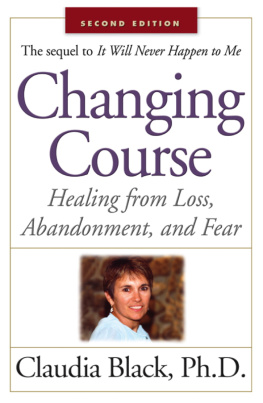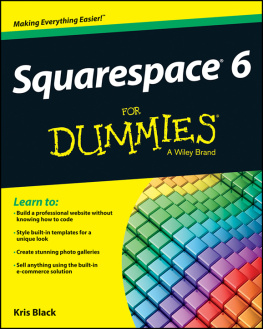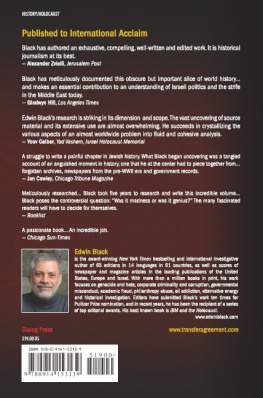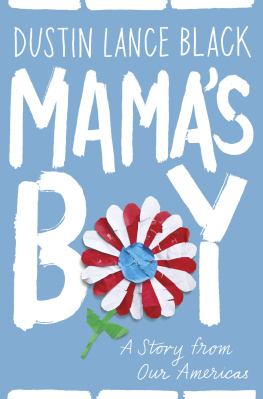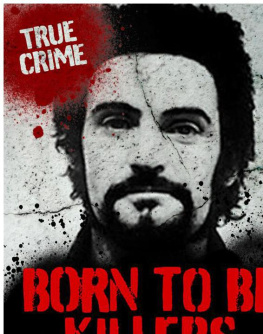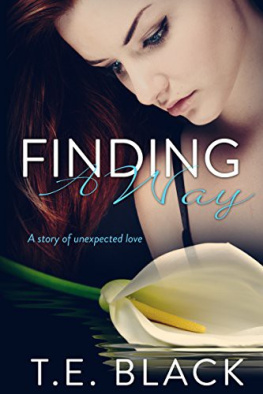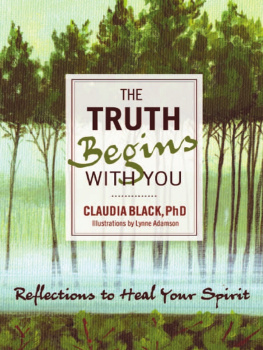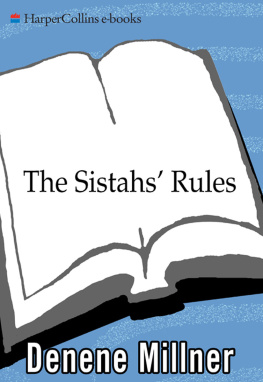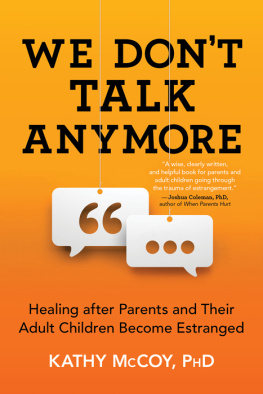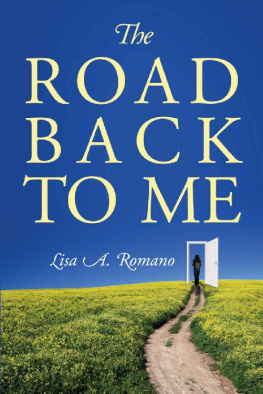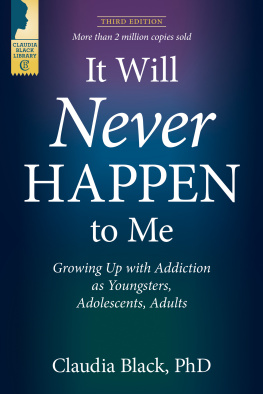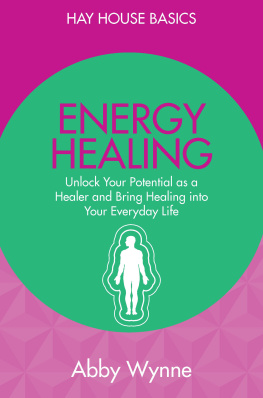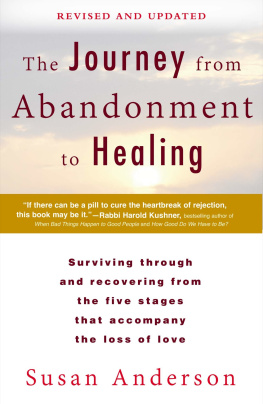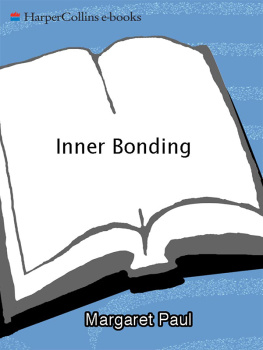Changing
Course
Changing
Course
Healing
from Loss,
Abandonment,
and Fear
The Sequel to It Will Never Happen to Me
Claudia Black, Ph.D.
Second Edition

Hazelden Publishing
Center City, Minnesota 55012-0176
800-328-9000
hazelden.org/bookstore
1993, 1999 by Claudia Black
All rights reserved
First edition published by MAC Publishing, 1993
Second edition published by MAC Publishing, 1999
First published by Hazelden Foundation, 2002
Printed in the United States of America
No portion of this publication may be reproduced in any manner
without the written permission of the publisher
ISBN: 1-56838-799-7
Ebook ISBN: 978-1-59285-772-2
06 05 04 03 02 6 5 4 3 2 1
Interior design by Rachel Holscher
Typesetting by Stanton Publication Services, Inc.
In memory of my dad,
Wilmer Dale Clark
Contents
Changing Course: Turning Points to Recovery
Living by the Rules Going Back to the Past Chronic Loss and Abandonment Denial Rigidity Isolation Shame The Impact of Our Losses Changing Course
Chart: How Chronic Loss Is Created: The Experience of Pain from a Childs Point of View
You Cant Go Forward Without Finishing the Past: Healing the Pain of Abandonment, Fear, and Shame
Pain from the Past Past-Driven Present Pain Attempts to Control Our Pain Emotional Responses to Pain Behavioral Responses to Pain Rational or Cognitive Responses to Pain Letting Go of the Past, Healing the Pain We Cant Go Forward Without Finishing the Past
Chart: From a Past of Chronic Loss to the Turning Point: The Experience of Pain from an Adults Point of View
Four Steps to Freedom: The Process of Recovery from Chronic Loss
Step One: Explore Past Losses A Cognitive Life Raft and Emotional Safety Net Fear of Feelings Overcoming the Fear of Feelings Step Two: Connect the Past to Present Life Step Three: Challenge Internalized Beliefs Step Four: Learn New Skills Applying the Four Steps to a Recovery Issue Recovery Cant Be Rushed
Chart: Changing Course: The Recovery Process
Building Your Own Inner Adult: Skills to Create a Core of Personal Strength
Creating an Inner Holding Environment Core Recovery Skills Validating Yourself Letting Go of Some Control Feeling Your Feelings Identifying Your Needs Setting Limits and Boundaries Creating a Core of Strength with the Recovery Skills
Chart: Continuum of Control: Control Issues in Rigid, Chaotic, and Healthy Families
The House We Lived In: No More Roles, No More Secrets
Family Secrets Family Stories Identifying Family Roles Who Am I, If Im Not Who Ive Been? Ending Old Roles
Recovery Is the Road to Yourself: New Ways of Being, New Ways of Relating
Reconstructing Relationships Sharing Your Pain and Grief with Family Members Confrontation as a Part of Sharing, as a Way to Ending the Source of the Pain How Can I Share My Pain If My Parent Has Died? Present-Day Relationships Characteristics of a Healthy Relationship Charting the Characteristics of Your Relationships
Spirituality Is Something You Are: Forgiving, Loving, Finding Serenity
Spirituality and Control Spirituality and the Fear of Abandonment Spirituality and Forgiveness Spirituality and Our Religious Upbringing Spirituality and the Spirit of Our Inner Child Practicing Spirituality Spirituality, the Turning Point to a New Course
Appendices
About the Author
Special thanks to
Lauren Michaels, who read, reread, typed, retyped, proofed, reproofed. Most importantly, thanks for being an integral part of offering feedback. Your compassion for this project and honesty has been vital to me in this writing.
Bonnie Hesse, who worked far beyond her role as editor in time and talent.
Sandi Klein, who in the second edition of this book would take on the role of reading, rereading, typing, and retyping. Thank you for making this a non-stressful atmosphere as minute details were attended to; thank you for your feedback.
Chapter 1
Changing Course
Turning Points to Recovery
I dont know when my parents began their war against each other, but I do know the only prisoners they took were their children. When we needed to escape, we developed a ritualwe found a silent soothing world where there was no pain, a world without mothers and fathers. But that was a long time ago, before I chose not to have a memory.
Pat Conroy, The Prince of Tides
Forgiving is not forgetting. It is remembering and letting go.
Claudia Black, Its Never Too Late to Have a Happy Childhood
Ive spent my whole life trying to take the pain out of everyone elses life! The whole time, the issue was my pain, not theirs. Today I dont run scared. I know my fear, my hurt, my anger. I also know my joy. Today I dont live in shame.
Lynn
Fear and loneliness were all I ever knewI think I came into this world scared. But now, at forty-two its different. I have used most thingsgambling, women, sex, alcoholto medicate my fears and not feel so lonely. Today I no longer use people, activities, and substances to medicate or keep me separated from my feelings. Ive slowed down to be able to meet myself. And I realize I am okay. I am more than okay! I actually look forward to each day.
Joe
I wanted so badly to be loved, but for years all I felt was ignored and unwanted. I went to every length possible to make people love me, only to be repeatedly ignored and unwanted. Then, slowly, with the understanding of what had happened in my life and with the freedom to talk about it, things started to turn around. I learned to love myself. What a revelation!
Judy
THESE PEOPLE ENDURED decades of pain and then discovered a different way of being in this world, a different way of living their lives. Why did they have pain? How did it go away? What was their turning point? How did they change the course of their lives? These are some of the questions we will try to answer here.
When we grow up with fear and shame we become adults who live with fear and shame. Accompanying these intense feelings is a pervasive, chronic sense of loss, ranging anywhere from serious to profound. The sensation of this loss goes by various names: unhappiness, hopelessness, depression, emptiness, insecurity, anxiety, boredom. Whatever the words we use, these wounds have troubled our very spirit. We need to let go of the fear and shame. We need to change our course by putting the cause of our pain in its proper perspective.
What you might be feeling depends on what you felt when the original wounding began, compounded by your life experiences from that time on. It will be difficult to look back at those troubling times, but this is where your recovery begins.
For some of us, life in our early years was organized around our mothers drinking, and the subsequent embarrassment and shame. Or our brothers dying and the fear, stigma, and prevailing sadness we endured. Or our fathers rigid religious fervor and the shame, confusion, guilt, and anger we felt. Or our parents outright abandonment of their parenting roles and the ensuing abandonment of us, their children. Or our physical or sexual abuse by someone who was supposed to love us.
Early on, we were deprived of the very conditions necessary for us to thrive as children. We lost the opportunity to be ourselves. We lived as characters in someone elses drama, a story of his or her war against pain. The family spotlight was nearly always on that other person, and we were merely bit players, lesser lights whose characters were never developed in the family script. The lines we were supposed to speak and our range of emotions were limited so that we didnt conflict with the main character who, in essence, stole the show.

